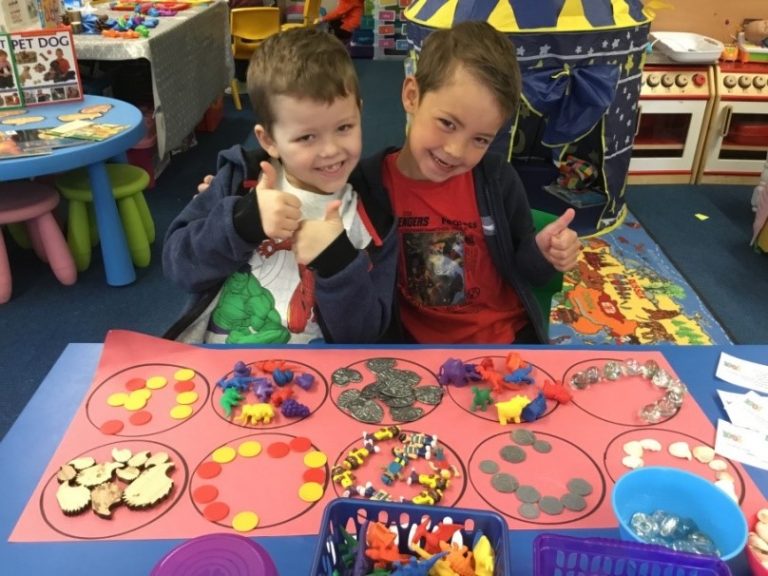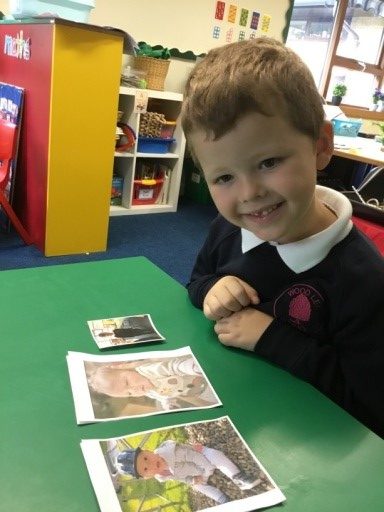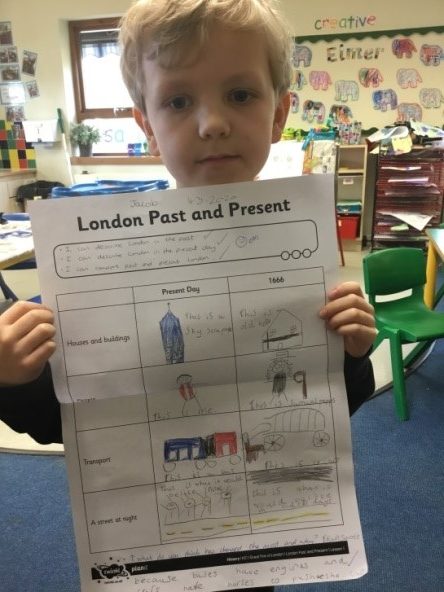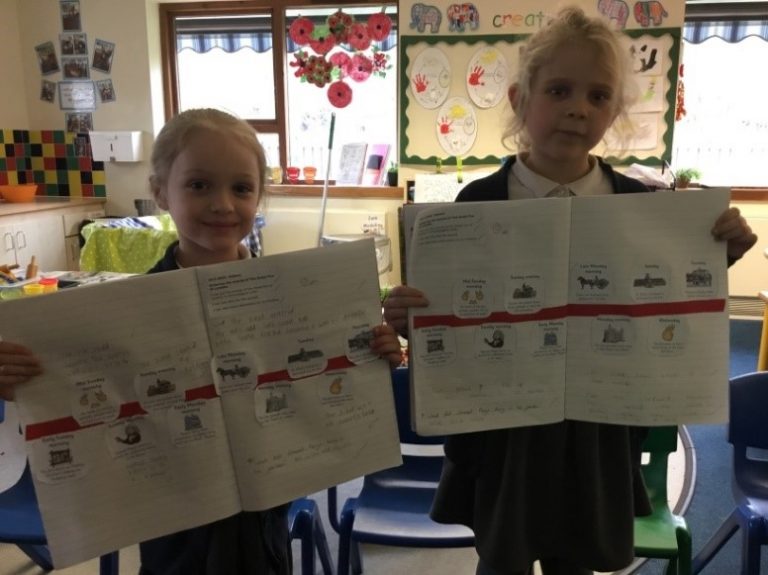History at our school
Why History is important at Wood Ley?
History at our school is about stimulating children’s interest and understanding about the life of people who lived in the past. We aim for the children to develop a sense of identity and a cultural understanding based on their cultural heritage. We teach children to understand how events in the past have influenced our lives today; we also teach children to investigate these past events and, by doing so, develop skills of enquiry, analysis, interpretation and problem solving.
At our school we strive to make our History teaching and learning as varied, interesting and enriched as we can. We have visitors come into school and we plan Historical trips to really try to bring History to life and make learning as real and memorable as possible.
We teach a knowledge rich curriculum that is ambitious and designed to give all learners the skills needed to succeed in life.
History helps pupils to understand the complexity of people’s lives, the process of change, the diversity of societies and relationships between different groups, as well as their own identity and the challenges of their time.

Whole school History days
We have had lots of whole school history days here at Wood Ley. On one occasion, everyone was invited to dress up as a Historical King, Queen or leader. Each Key Stage then planned some historical activities to take part in across the day. Classes made a human timeline. We even had a special lunch and a parade! We have celebrated Jubilee days and the King’s Coronation.
What topics do we cover at Wood Ley?
Here is our “History Curriculum Road Map” – showing topic coverage of history through our school.
What skills do the children learn through History ?
Here is a link to our “Progression of skills” and “Progression of vocabulary” documents:
This shows how our teaching and learning progresses as children move through the school and develop their capabilities.
History is a wonderful subject that really fosters skills development. Not only do we teach the subject knowledge of topics but embedded and supporting every topic is the development of the children’s skills. Through our History teaching at Wood Ley children are learning skills to support their development and success in life.
- Empathy and understanding
- Interpretation and evaluation of sources
- Enquiry and the ability to ask questions
- Communicating in a variety of ways
- Describing and explaining
- Researching and information gathering
- Reasoning and speculating


Foundation Stage History – Reception
The EYFS framework is structured very differently to the national curriculum as it is organised across seven areas of learning rather than subject areas. Within the document ‘Development Matters’ there are statements that are prerequisite skills for history within the national curriculum. The table below outlines the most relevant statements taken from the Early Learning Goals in the EYFS statutory framework and the Development Matters age ranges for Three and Four-Year-Olds and Reception to match the programme of study for history.
Within the above table, are some statements that staff use to begin to plan and shape the History learning that your children will undertake at Wood Ley. We ensure History is relevant to the needs of our children and so it is based on themselves and family members. It is mostly based on short chronological time lines as this is what is most meaningful to our children. For example talking about what happened yesterday or on their last birthday or when they were babies. In Early Years, stories are a fantastic way to explore and develop children’ s sense of chronology, sequencing and time eg. The Hungry Caterpillar, Mr Wolfs week and We’re Going on a Bear Hunt. Our Early Years staff are very aware that history appears in our foundation curriculum in many forms. The children begin to develop a sense of chronology though days of the week, counting our days at school, talking about seasons. We also begin developing an understanding of how to ask questions, how to compare things, look for similarities, differences and talk about why things happen. All of which are valuable skills that are needed once the children move into Key Stage One.
Across YR we look at old toys, kings and queens, castles, old bikes, how we have changed and bread making in a mill.
Key Stage One History – Years One and Two
In Key Stage One, pupils learn about:
- Changes within living memory
- Events beyond living memory that are significant nationally or globally
- The lives of significant individuals in the past who have contributed to national and international achievements.
- Significant historical events, people and places in their own locality.
Topics are specifically chosen based on the children’s interests so that they are engaging and really stimulate enthusiasm. We also really value local enrichment opportunities that are available to us and endeavour to incorporate them into our History teaching so that is ‘brought to life’.



Key Stage Two History – Years Three, Four, Five and Six.
Pupils should be taught about:
- Changes in Britain from the Stone Age to the Iron Age
- The Roman Empire and its impact on Britain
- Britain’s settlement by Angle-Saxons and Scots
- The Viking and Anglo-Saxon struggle for the Kingdom of England to the time of Edward the Confessor.
- A local history study
- A study of an aspect or theme in British History that extends pupils’ chronological knowledge beyond 1066.
- The achievements of the earliest civilisations – an overview of where and whe the first civilisations appeared and a depth study of one of the following: Ancient Sumer; The Indus Valley; Ancient Egypt; The Shang Dynasty of Ancient China.
- Ancient Greece a study of Greek life / achievement’s and their influence over the western world.
- A Non-European society that provides contrasts with British History – one study chosen from: early Islamic civilisation, including a study of Baghdad c.AD900; Mayan civilisation c.AD900; Benin (west Africa) c.AD 900-1300.
Key Stage 2 study some fantastic topics and there are many opportunities for topics to cross into a variety of subjects. They have various visitors come into school to enrich learning. Here are some photos of the Greek visitors that came to see LKS2 and some pictures of the Stone Age visitors that came to see UKS2.

How do we make sure History teaching and learning at our school is the best it can be?
Mrs Castle is the History Coordinator at our school and she monitors the teaching, learning and progress within the subject of History. A yearly action plan is created with termly focus points on which may include carrying out a pupil perception. This is where she will talk to a small group of children from various year groups to seek their views on what learning about History is like at our school. Here are some of the things the children have said…
“History allows you to see into the past”
“I love reading about Anne Frank”
“I liked the Victorian one…..it was an experience” (talking about trips).
Here are some interesting websites that you might like to look at with your grown-ups: